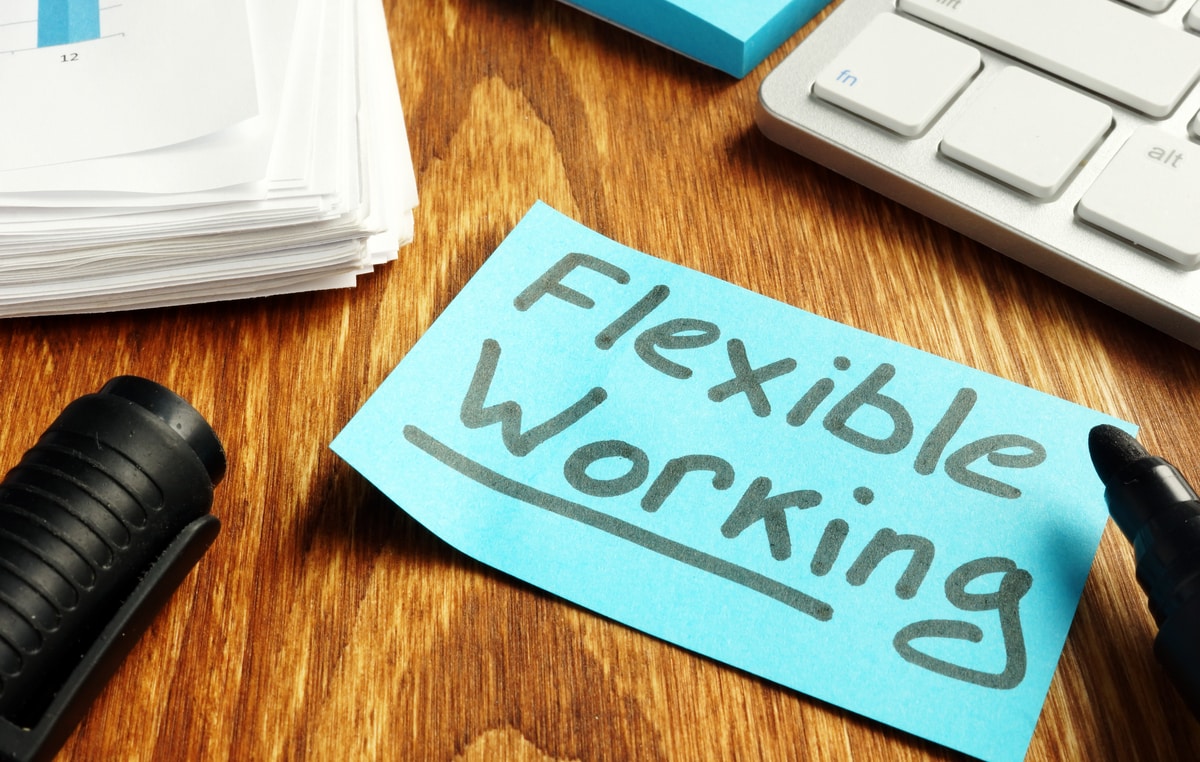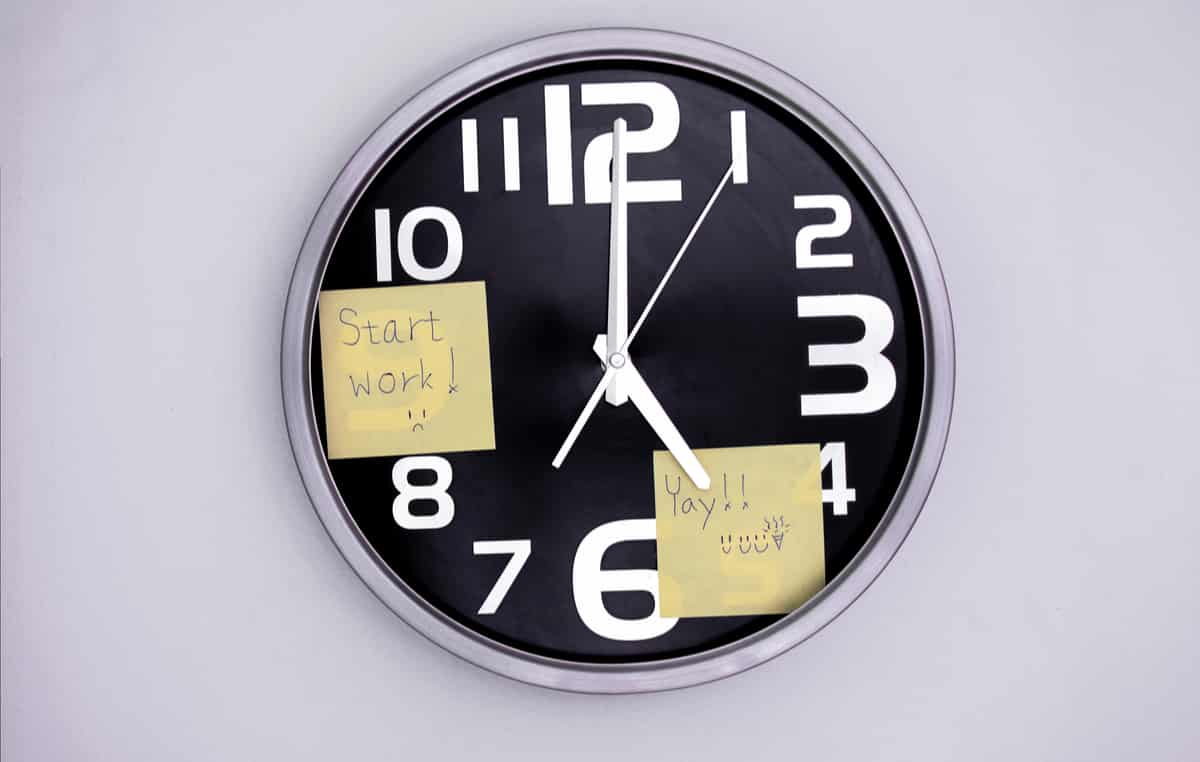
Is the 9-5 office routine finally dead?
The way we do work is likely to change for many of us in a post-COVID-19 world. Because of public health concerns, with so many employees across the globe granted the ability to work from home amid the pandemic, recent research has shown it seems some type of hybrid work style will be the norm moving forward. With that said, many are left questioning what will happen to the traditional old school 9 to 5 work routine? Is it a thing of the past? Read on as we discuss the future trends moving forward and tackle whether or not the regular schedule so many workers have grown accustomed to over the years is gone for good.
Smartway2 enables organizations to take a data-driven approach to change by providing insights into how spaces, desks and other facilities are being used. To find out more request a demo with one of our experts.
Breaking the Mold – A real-life example

A recent article in Inc., a business media company, the article takes a look at the Dallas-based tax firm Ryan. The president of Ryan’s global shared services, Delta Emerson, is quoted in the article saying, “We literally ranked people by hours…Even if someone worked 24 hours the day before, they still had to book at least eight hours Monday through Friday.” The firm made a shift towards results instead of time and has seen improved phenomenal results. Threat article goes on to say, “Some staffers work as little as 20 hours a week; some start at 7 a.m., others at 10 a.m.; some commute to the office only twice a week. Since the 2008 shift, revenue has grown 15 percent year over year, customer satisfaction is higher than ever before, and turnover has plummeted.”
There were a few noteworthy statistics shared in the article that reinforce the concept of flexible work schedules: That article continues onward to share the following, somewhat shocking statistics…
- 29% of college students think being able to work remotely with a flexible schedule is a right, not a privilege.
- 66 % of Millennials say having a boss who doesn’t support flexible schedules has factored into their decision to leave a job. And,
- 72% of working parents say that people who work flex hours have fewer pay/promotional opportunities.
The Numbers

- 63% of knowledge workers prefer a hybrid model. Another 20% prefer fully remote, and 17% want to always work from the office.
- 38% of remote knowledge workers say their stress is lower while working remotely; 20% say it’s worse.
- 45% of workers say their work-life balance is better while working remotely; 19% say it’s worse.
- 39% of remote workers say they’re working more hours every day, compared to 31% of office-based workers who agree with that statement.
- 32% of knowledge workers feel burned out.
The Challenge of Flexibility/ Remote Work

- Problems with technology may not get resolved as quickly as they would in the office, and can make it difficult to work remotely.
- It’s easy to get distracted when you’re working from home, and you may not be as productive as you’d be in a traditional work setting.
- And the distractions get even worse if you’re not good at following a strict schedule.
- With no coworkers in your living room, socializing with your peers can be a challenge and make remote work pretty lonely.
- A lack of interaction with coworkers can also make team-building difficult.
- Working remotely can mean inconsistent pay.
- Communication with coworkers or clients can easily be misconstrued.
- Feeling that other people don’t really think you are working can be frustrating.
- And it may be hard to find a healthy work-life balance.
Work/Life Balance

- Define your balance
- Take care of yourself
- Start an hour earlier
- Set boundaries
- Limit evening work
- Schedule time off
- Ask for help
- Create a plan
Reasons to Abandon the 9 to 5

- Top performers are increasingly demanding more flexibility.
- People don’t work the way they used to.
- People work best when they work under their own conditions.
- Demand for a work-life balance
- Rise of the gig economy
- Financial incentives
- Humans aren’t machines
- Flexibility increases productivity
- Flexibility enhances focus
Smartway2 is a workplace experience that boosts productivity, collaboration and space utilization, by enabling employees to book everything they need to do their best work, from conference rooms and desks to parking, AV equipment or a catered lunch.


